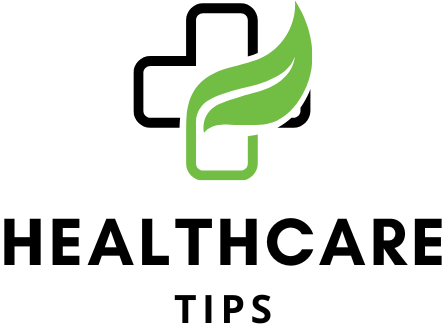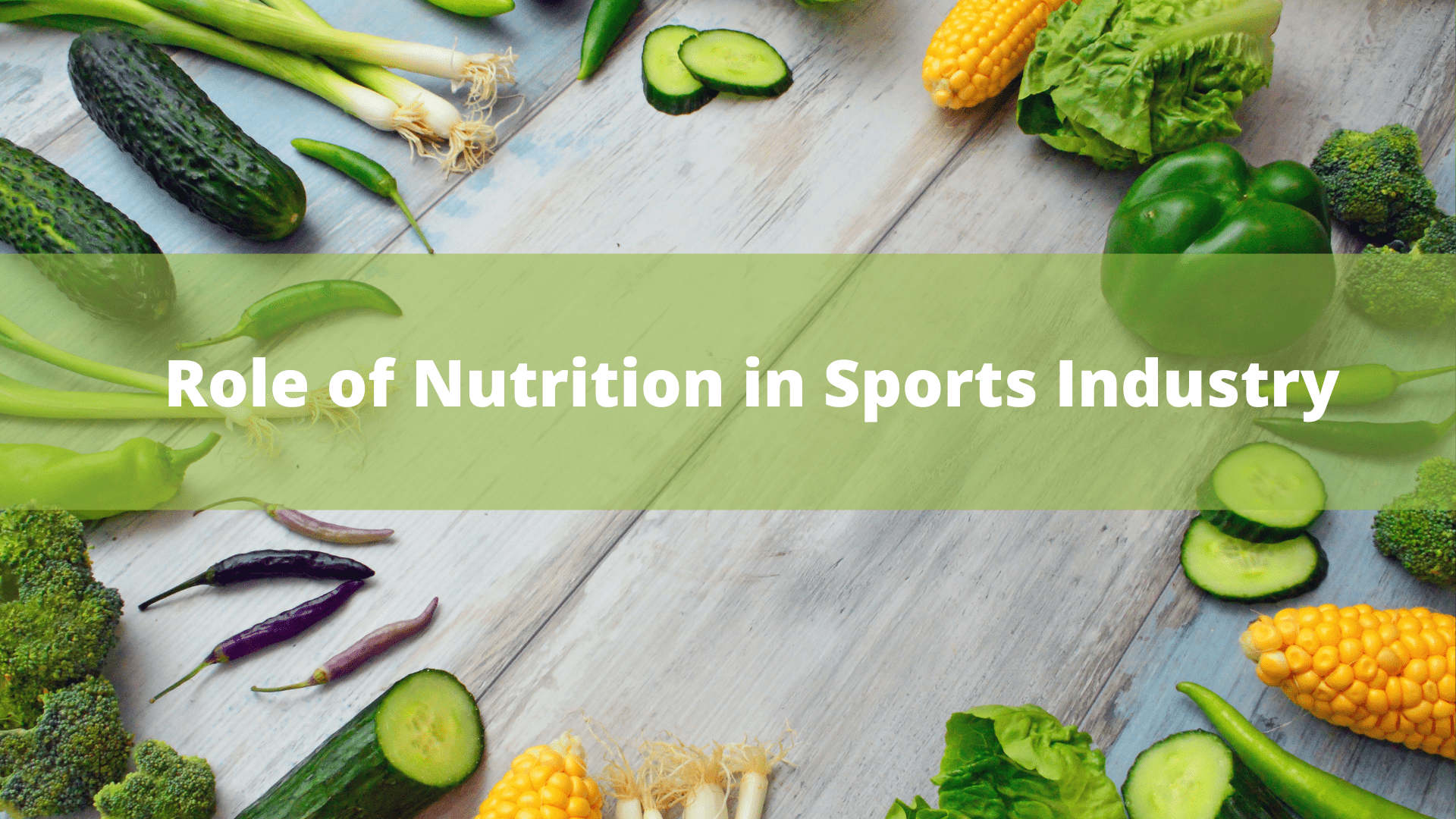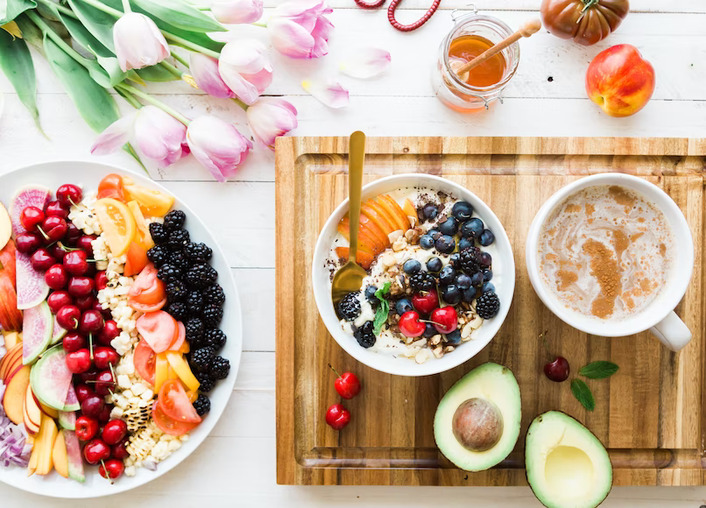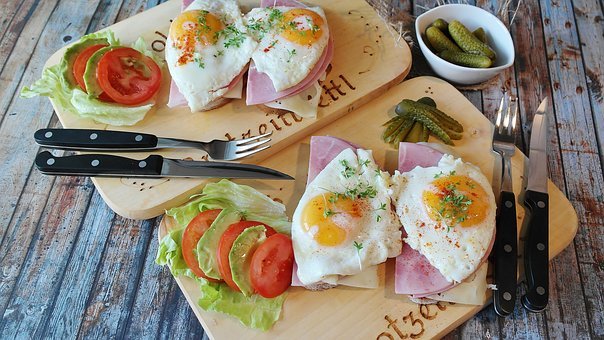5 Essential Ways for Fat Loss: Need for a Basic Diet and Nutrition

Fat loss can be challenging, requiring a combination of a basic diet and nutrition plan and regular physical activity. The concept of fat loss can be overwhelming for many. Still, by following these five essential ways, you can achieve your fat loss goals and maintain a healthy weight.
1. Calculate Your Caloric Intake
Before starting any diet nutrition plan, it is essential to calculate the number of calories you need to consume each day. This is because the number of calories your body requires varies depending on age, sex, weight, and height. Consuming more calories than needed will lead to weight gain, and consuming fewer calories will lead to weight loss. The basic principle of weight loss is to consume fewer calories than your body needs. A general guideline is to aim for a calorie deficit of 500-1000 calories daily to lose one to two pounds weekly. However, it is important to note that cutting too many calories can be counterproductive and can slow down your metabolism, making it difficult to lose weight.
2. Consume a balanced nutrition diet
Consuming a balanced nutrition diet is crucial for fat loss. It includes carbohydrates, protein, and healthy fats in the right proportion. Carbohydrates are an essential energy source. Consuming whole grains, fruits, and vegetables can be beneficial as they contain complex carbohydrates. Protein plays an important role in building and repairing muscle tissues, which can help boost your metabolism and promote fat loss. Lean meats, poultry, fish, eggs, legumes, and nuts are good protein sources.
Similarly, avocado, olive oil, and nuts are healthy fats necessary for fat loss. They provide essential fatty acids that help maintain cell membranes and help your body absorb essential vitamins.
3. Stay Hydrated
Along with a nutrition diet, water is essential for fat loss as it keeps you hydrated and help remove toxins from the body. It is highly recommended to drink at least eight glasses of water per day. Drinking water before having meals can also reduce your appetite and promote weight loss. Additionally, to flush out toxins and boost metabolism, you can consume other fluids such as herbal tea, green tea, and vegetable juice.
4. Limit Processed Foods and Sugar
Processed foods and sugar are high in calories and low in nutritional value. Consumption of a diet with highly processed foods and sugar can increase weight gain and the risk of diabetes, cancer, and heart disease. Limiting your consumption of processed foods and sugar is vital, and opt for whole foods instead. Nutrients rich food such as whole grains, vegetables, fruits, and lean protein can help promote weight loss.
5. Exercise Regularly
Regular exercise is essential for fat loss as it helps burn calories and build muscle. Most days of the week, try moderate-intensity exercise like cycling, brisk walking, or cycling for 30 minutes. In addition to cardio, strength training is crucial for fat loss as it helps build lean muscle mass, boosting your metabolism and promoting fat loss. Add strength training exercises like squats, push-ups, and weightlifting to your workout routine.
Fat loss requires an essential diet and nutrition plan and regular physical activity. With these practical tips on diet and nutrition, you can definitely achieve your fat loss goals. Remember to consult a healthcare professional and take advice before starting any diet or exercise plan.



